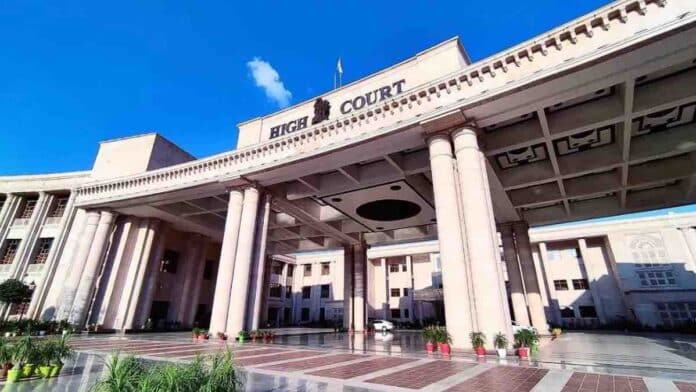The Lucknow bench of the Allahabad High Court has directed the Union Home Ministry to provide round-the-clock security to a BJP worker who has been litigating against Leader of Opposition in Lok Sabha Rahul Gandhi, seeking cancellation of his Indian citizenship.
A division bench comprising Justice Sangeeta Chandra and Justice B.R. Singh passed the order on Thursday while hearing a writ petition filed by Karnataka BJP worker S. Vignesh Shishir.
The bench directed the Ministry to accord one Personal Security Officer (PSO) from the Central Armed Police Forces to the petitioner. In its interim order, the court observed:
“We are, prima facie, satisfied that the matter requires consideration as the petitioner has been pursuing his cases against a very powerful individual and is facing constant threats and has to appear before the Investigating Officer at Police Station Kotwali, District Raebareli in pursuance of notice issued to him.”
The petitioner informed the court that following his June 2024 complaint, the CBI launched a probe into the matter and he had appeared before the agency in Delhi multiple times, submitting evidence alleging Rahul Gandhi’s British citizenship.
He pointed to records of a company, M/s Backops Limited, incorporated in the UK in 2003, where Gandhi was listed as a director with a London address.
The petitioner further told the court that he had also filed objections before the Returning Officer in the Wayanad by-election against Priyanka Gandhi Vadra’s candidature, but his objections were not considered. He said he now intended to move a writ of quo warranto against her.
Citing “constant threats and coercion,” Shishir pleaded for security, claiming that earlier representations to the Centre and the Prime Minister’s Office went unheeded.
Appearing for the Union government, Deputy Solicitor General S.B. Pandey acknowledged the petitioner’s concerns and submitted that under the Witness Protection Scheme, the court could direct provision of security in light of the “palpable threats.”
Posting the matter for October 9, the court’s interim order ensures that the petitioner receives round-the-clock protection until further directions.




